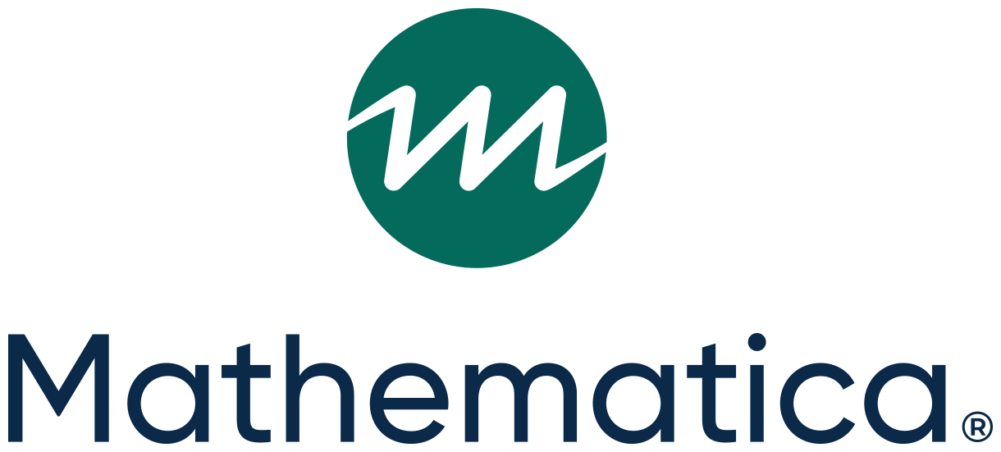Research
Accelerate supports the design and implementation of rigorous research and evaluation of educational interventions to better understand what works, for whom, and in what school settings.

Program design describes the characteristics of the tutoring intervention, including program content (subject area; grade level served; curriculum; assessments); instructional modality (in-person; virtual; hybrid); human capital (tutor selection; training; evaluation; professional development); intended dosage; and program costs.

Program implementation describes the conditions and settings under which an educational intervention is implemented, including the location, timing, classroom and student characteristics, teacher-student ratio, and actual dosage received.

Program impact describes the efficacy (internal validity), scalability (external validity), and cost effectiveness of an educational intervention.
Research Learning Community
The Research Learning Community brings together top education researchers from across the U.S. to develop rigorous research on the impact, efficiency, and cost-effectiveness of various high-dosage tutoring programs. It is emblematic of Accelerate’s commitment to helping policymakers and school districts access the high-quality and transparent evidence they need to make informed decisions for their students.










Quarterly Research Notes
Quarterly, Accelerate publishes a research brief that summarizes what we know, what we’re learning, and what we still need to learn about personalized learning initiatives, including high-dosage tutoring. Through our partnerships with practitioners, tutoring providers, and researchers, Accelerate has a unique perspective on the ways in which tutoring is being implemented at the local district level and in school settings.
The Quarterly Research Note will provide a forum for Accelerate to share those learnings, present current evidence on the design, implementation, and impact of tutoring programs and practices from our grantee portfolio; promote an ongoing dialogue among key stakeholders on important questions in the tutoring field; and offer thought leadership to the field around ongoing and developing research evidence on effective tutoring programs and practices.
March 2024
July 2024
November 2024
March 2025
Take Action!
Subscribe to stay informed




